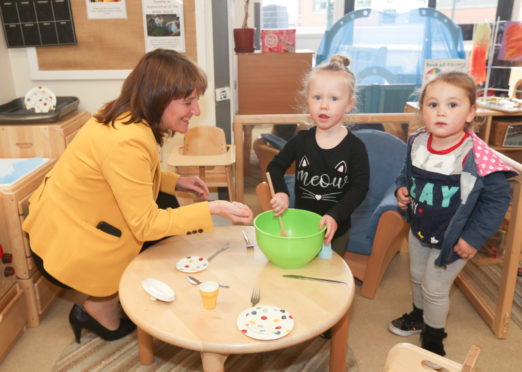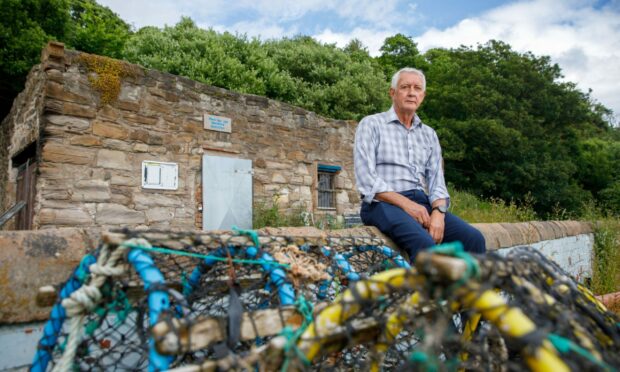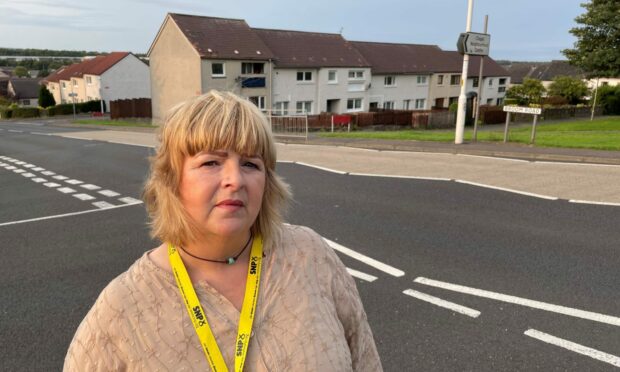Extra nursery places to meet a ledge to offer more early learning and childcare hours pledged by the Scottish Government have been put at risk by the construction industry, it has been claimed.
Councils across the country are working to deliver the expansion from 600 hours for all eligible two, three and four-year-olds to 1,140 from the start of the 2020/21 academic year.
Fife Council officials have now revealed its capital investment programme to deliver additional capacity across the region could be subject to building delays beyond the August 2020 deadline because builders have hiked their prices.
Giving an update on Fife’s current position to area committees this week, Raymond Johnston, property services service manager, confirmed delays may reduce available capacity in certain areas and would mean contingency plans would have to be put in place.
That could have an impact on the “choice and flexibility” of placements available to parents who may not be able to access their preferred option of session time or location for their child as a result.
He said: “What we’re finding with the construction industry is that costs are significantly higher than when the programme was envisaged.
“There is massive pressure to deliver and that has majorly escalated prices.”
There are now concerns all Scottish local authorities are facing the same struggles.
Fife is embarking on a major capital investment programme to increase capacity across the region, which will see extensions or refurbishments to existing facilities and in some cases, entirely new buildings.
Funding to deliver the programme has been allocated by the Scottish Government based on financial templates submitted by all local authorities in March 2018, but Fife set aside £13.5 million in 2018/19, £30.1 million this year, £40.1 million in 2020/1 and more than £36.8 million in 2021/2 to facilitate the project.
The plan is to deliver four models across the region – term-time provision of six hours a day across the academic year, full-year provision offering sessions of four hours and 40 minutes per day for 49 weeks of the year, 46-week provision offering 10-hour day sessions, and provision delivered in partnership with either private nurseries, playgroups or childminders.
The council is also working to increase the number of qualified staff to help deliver the extra provision, with Fife College increasing the number of placements available on the HNC Childhood Practice course from 100 in 2016/17 to 164 this year.
Despite all the challenges, Clark Graham, early learning officer, said work to develop the 1,140 model of funded early learning and childcare in Fife was “progressing well” and was “currently on track” – although any building delays might require adjustments to how childcare is delivered in affected areas.
A Scottish Government spokesperson said: “As part of our unprecedented £2 billion investment into increasing early learning and childcare over a five-year period, we’re working closely with local authorities and other partners to deliver 1,140 hours of funded childcare for all three- and four-year-olds, and eligible two-year-olds, from August 2020. More than 46,000 children have already benefited from expanded hours.
“Our ambitious programme includes £476 million of direct capital funding to local authorities to refurbish, extend and build new facilities. This will help give children almost twice as many funded hours annually, worth thousands of pounds every year.
“With less than a year to go, many of our partners in local government are making good progress with the additional staffing and infrastructure required. We will continue to support them to deliver this transformational expansion.”










